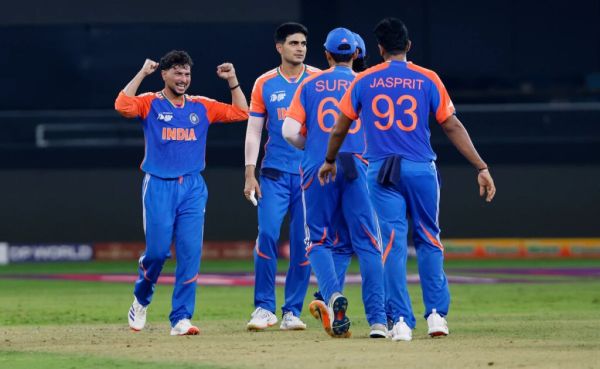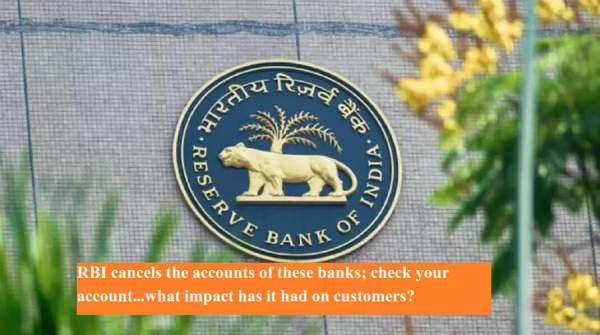
Former England captain Michael Atherton recently voiced a sharp critique, warning that “cricket is now a proxy for propaganda.” His statement echoes a growing concern across the cricketing world: the intense India-Pakistan rivalry is increasingly dictating the sport’s schedule, priorities, and even its integrity.
The Power of India-Pakistan Cricket
The India-Pakistan cricket rivalry isn’t just a game; it’s a global spectacle that fuels emotion, economics, and politics all at once. These matches are a crucial revenue booster for the ICC and for cricket’s international economy. Broadcasters, sponsors, and fans worldwide tune in for these high-stakes encounters – and the numbers reveal why.
The 2023 ODI World Cup clash between the two nations drew over 400 million viewers globally, rivaling the Super Bowl in audience reach. For the ICC, such matches are pure gold – and increasingly, a financial lifeline.
India’s Financial Might Over World Cricket
India’s influence isn’t just cultural; it’s commercial dominance in hard numbers.
Under the ICC’s new 2024-2027 revenue distribution model, the Board of Control for Cricket in India (BCCI) will receive 38.5% of the ICC’s total earnings – around US $924 million over four years, or roughly US $231 million annually.
By contrast, England and Australia will get only about 6-7% each, while most other boards receive less than 5%. This jump is striking when compared with the previous ICC cycle (2016-2023), when India’s share stood at 22.8%. The increase reflects recognition of just how much India drives the global cricket economy.
The numbers behind that influence are staggering:
India generated roughly US $3.04 billion in media rights alone for ICC events in the 2024-27 cycle.
Analysts estimate that 75% of ICC’s total media rights value now comes from India – through its broadcasters, sponsors, and enormous television audience.
Even domestically, BCCI’s 2023-24 income touched Rs 9,741 crore (US $1.2 billion), with the IPL alone contributing Rs 5,761 crore – more than the annual budgets of many entire cricket boards combined.
This financial muscle has made India the indispensable player in world cricket. As Kevin Pietersen, former England International quipped, “Cricket now runs on Indian time.”
The Growing Discontent
Not everyone is cheering.
Former captains like Michael Vaughan have slammed the ICC’s “dysfunctional scheduling,” claiming it “smacks of manipulation” to maximize commercial returns from India-Pakistan encounters – often at the cost of competitive balance.
Several boards, including those from Australia, South Africa, and England, share this frustration. They argue that ICC’s dependence on India’s market – and by extension, the India-Pakistan rivalry – risks turning cricket from a global sport into a commercial echo chamber, where fairness takes a back seat to financial optics.
Experts suggest this imbalance has sparked growing resentment across the cricketing world, with smaller nations increasingly feeling like “spectators in their own game.”
A Sport Held Hostage
Cricket, once the quintessential gentleman’s game, now risks becoming a hostage to geopolitical tension and economic imbalance.
The sustained dependence on India-Pakistan fixtures may secure record revenues, but it also narrows the sport’s universality, making it harder for emerging nations to find fair representation or equal exposure.
This overreliance breeds not only inequality – but also perceptional bias, where cricket becomes a canvas for national posturing and propaganda.
Moving Toward a Fairer Future
The solution isn’t to diminish India’s success – after all, its economic engine has sustained global cricket through turbulent decades.
But, as Atherton’s warning underscores, the game must rediscover balance: transparent scheduling, equitable revenue sharing, and a renewed commitment to the sport’s true spirit of competition.
Cricket’s soul lies not in manipulation but in merit.
Until global administrators look beyond the India-Pakistan gold rush, the sport risks becoming what Atherton feared most – not a unifier of nations, but a proxy for their politics.
-
How to Invest ₹1 Crore After Retirement for Regular Income and Long-Term Security: Expert Financial Strategies

-
SBI General Insurance Launches ‘Health Alpha’: A Fully Customizable Health Plan with Unlimited Coverage Options

-
Airtel: Airtel will now protect Indian Railways from cyber attacks! Learn how you can benefit..

-
Is Receiving Over ₹2 Lakh Cash in a Day Illegal? Here’s the Full Rule and How to Avoid Heavy Penalties

-
RBI cancels the accounts of these banks; check your account...what impact has it had on customers?
